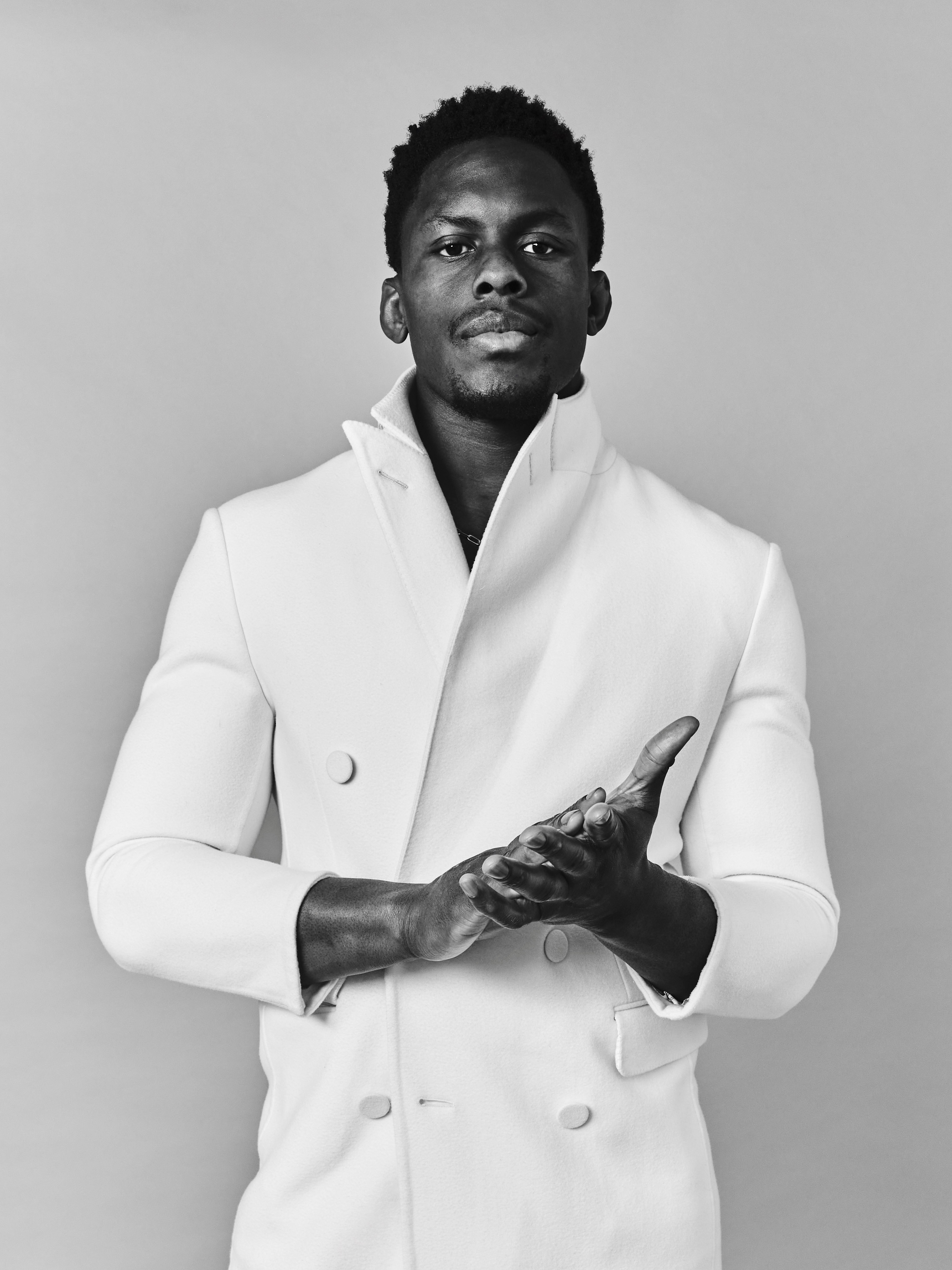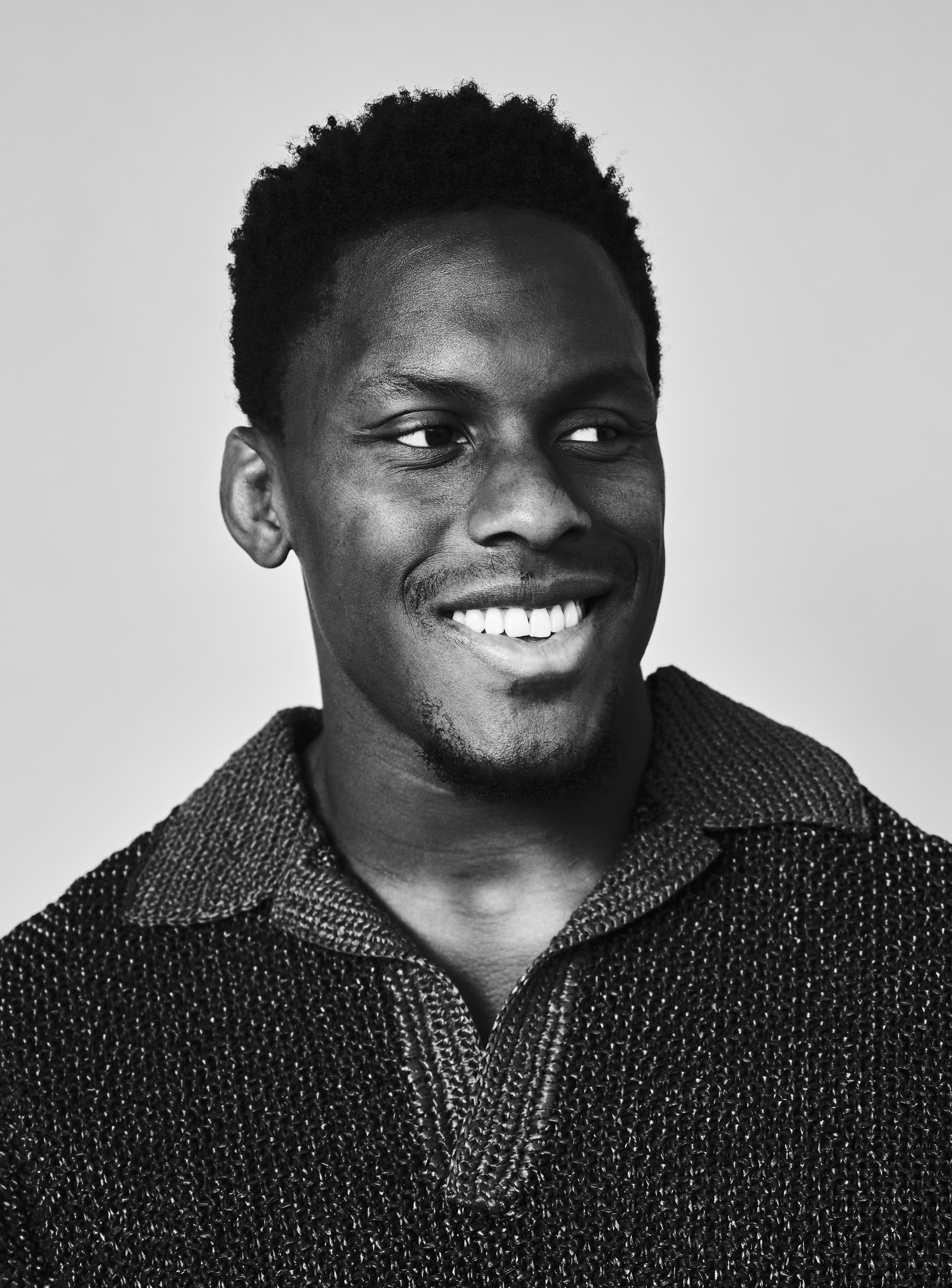
How Maro Itoje Is Securing a New Era for African Art
By Tayler Willson
A dedicated supporter of African art, Itoje co-founded Akoje Gallery with Khalil Akar as a platform to showcase and elevate artists from the continent. The idea grew out of an exhibition the 30-year-old worked on during lockdown that explored African history and its representation in education. That project became the foundation for something bigger, expanding beyond curation to actively supporting artists' careers.
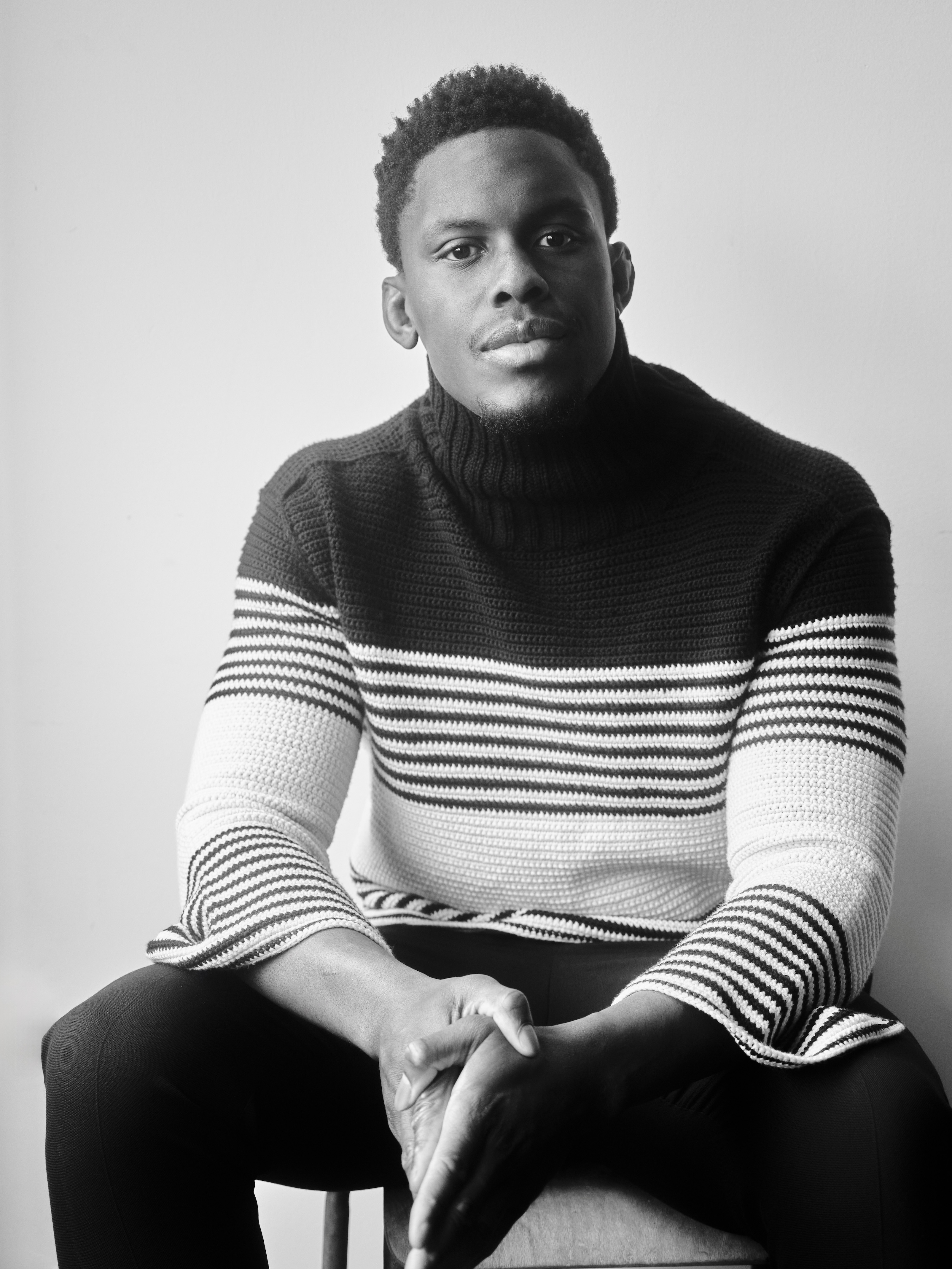
“I’ve been an admirer of African art for a while now, and I got connected with Khalil while working on A History Untold,” Itoje explains. “After that exhibition, we began discussing ways we could work more closely together. After several iterations, we landed at Akoje Gallery.”
The journey from concept to reality took years. Early discussions explored digital and crypto art, blockchain, and even a permanent gallery space. Over time, they refined the idea into something more dynamic. Instead of being tied to one location, Akoje became a touring gallery with the ability to move between cities and countries.
“This way of operating aligns better with our ambition of being a truly international gallery,” Itoje explains. “We want to contribute to the growth of African art and elevate it to the level we believe it deserves.”
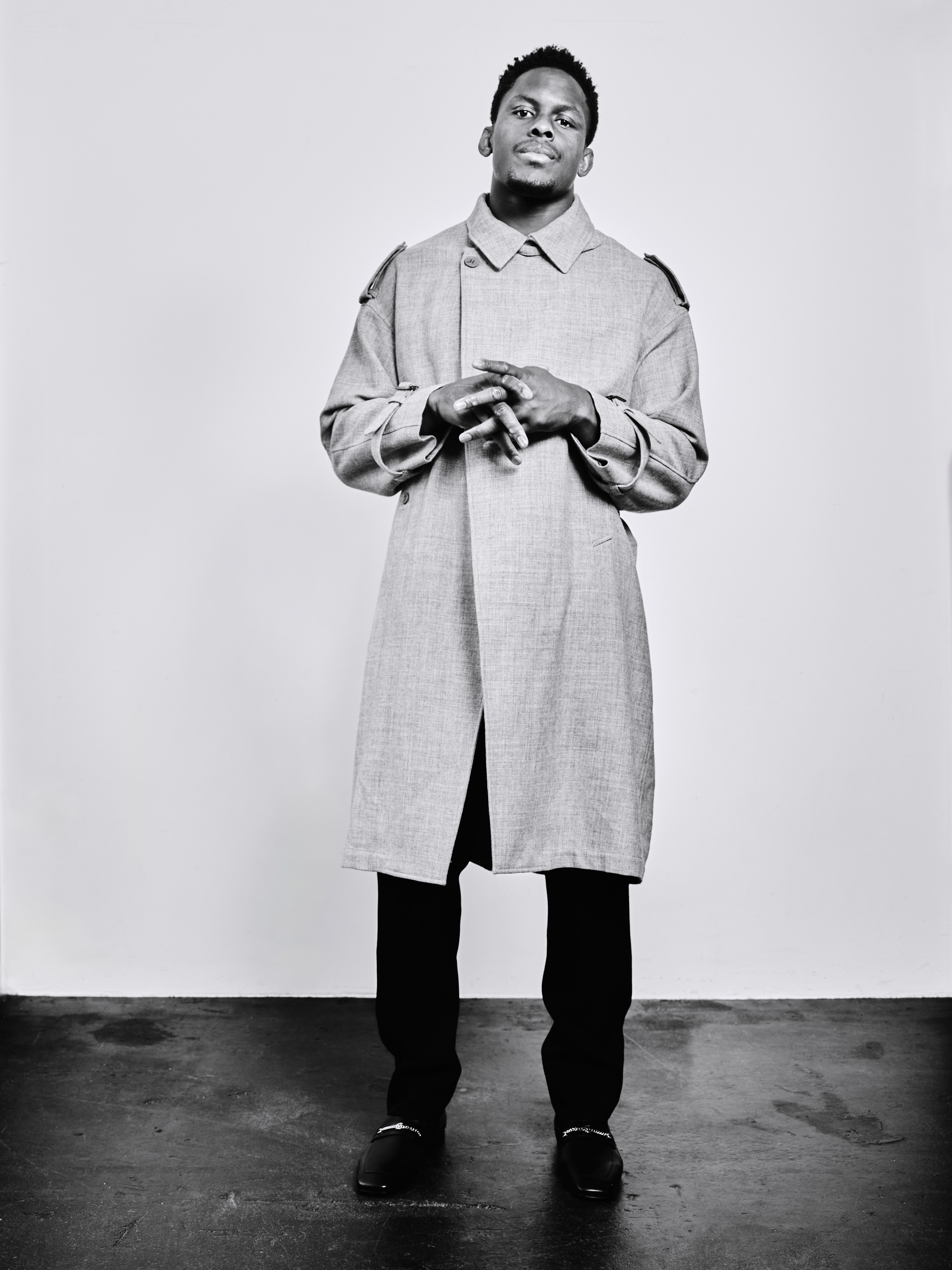
While the gallery we see today is an evolution of ideas, the initiative’s core mission has remained unchanged: to create opportunities for African artists and give them the visibility they have historically lacked. Despite African culture gaining international prominence in music, fashion, and film, the art world has been slower to embrace it on the same scale. Itoje sees this as part of a larger issue.
“There’s a historical bias,” he says. “Western institutions have traditionally dominated the art market and determined what is considered valuable. For a long time, African artists didn’t get the exposure their counterparts in Europe, America, or Asia received. That’s changing, but we also need to build a strong base of African collectors and buyers to sustain African art from within the continent.”
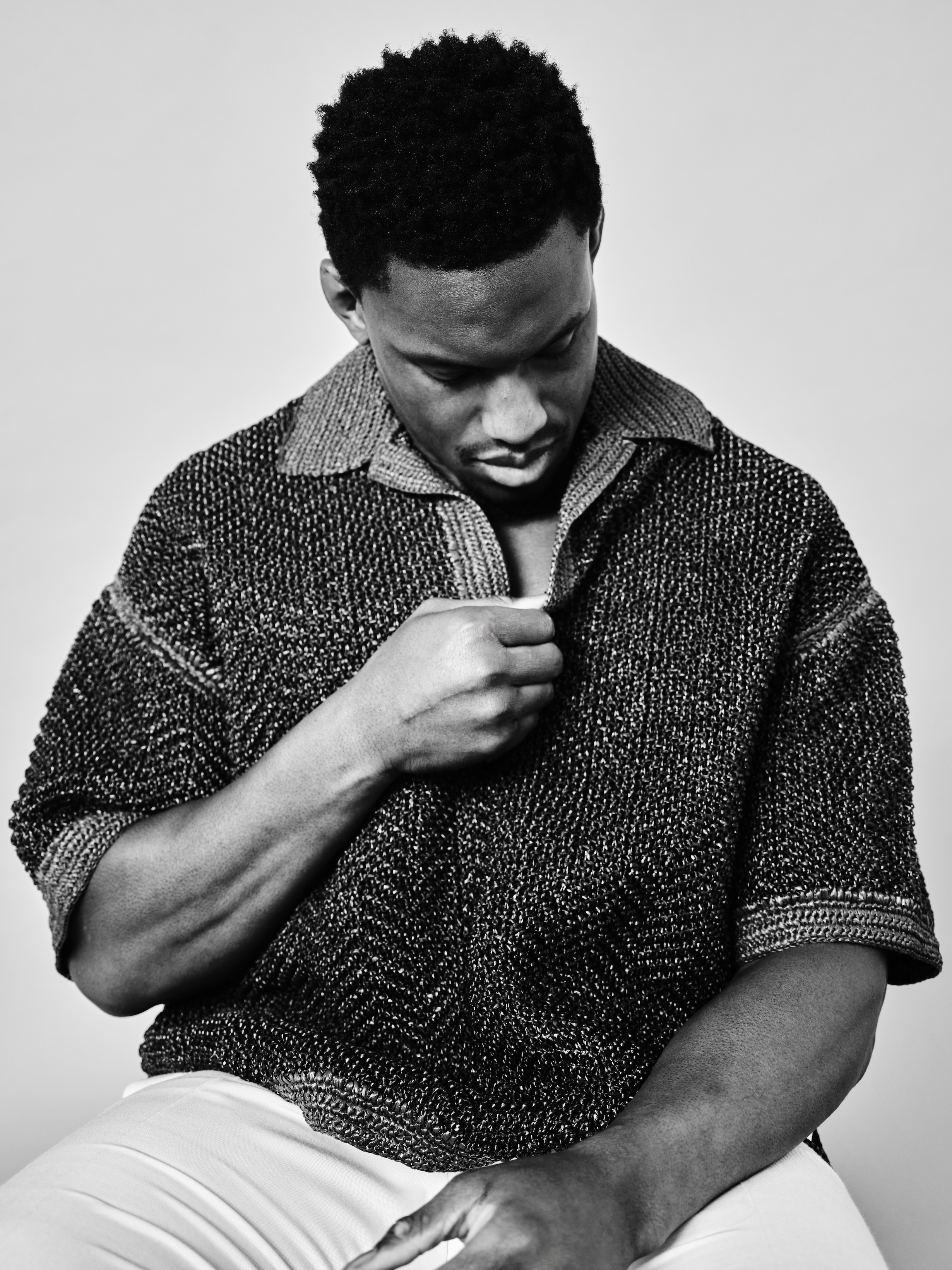
Akoje’s impact is already being felt. The gallery has helped elevate artists to a global audience, leading to significant opportunities. One of their artists was commissioned to paint the last official portrait of Queen Elizabeth for Tatler during her Jubilee. The exposure was transformative.
“That opportunity changed his career—he met the King and was featured in major publications,” Itoje recalls. “We’ve since commissioned other artists to paint King Charles and the Princess of Wales.”
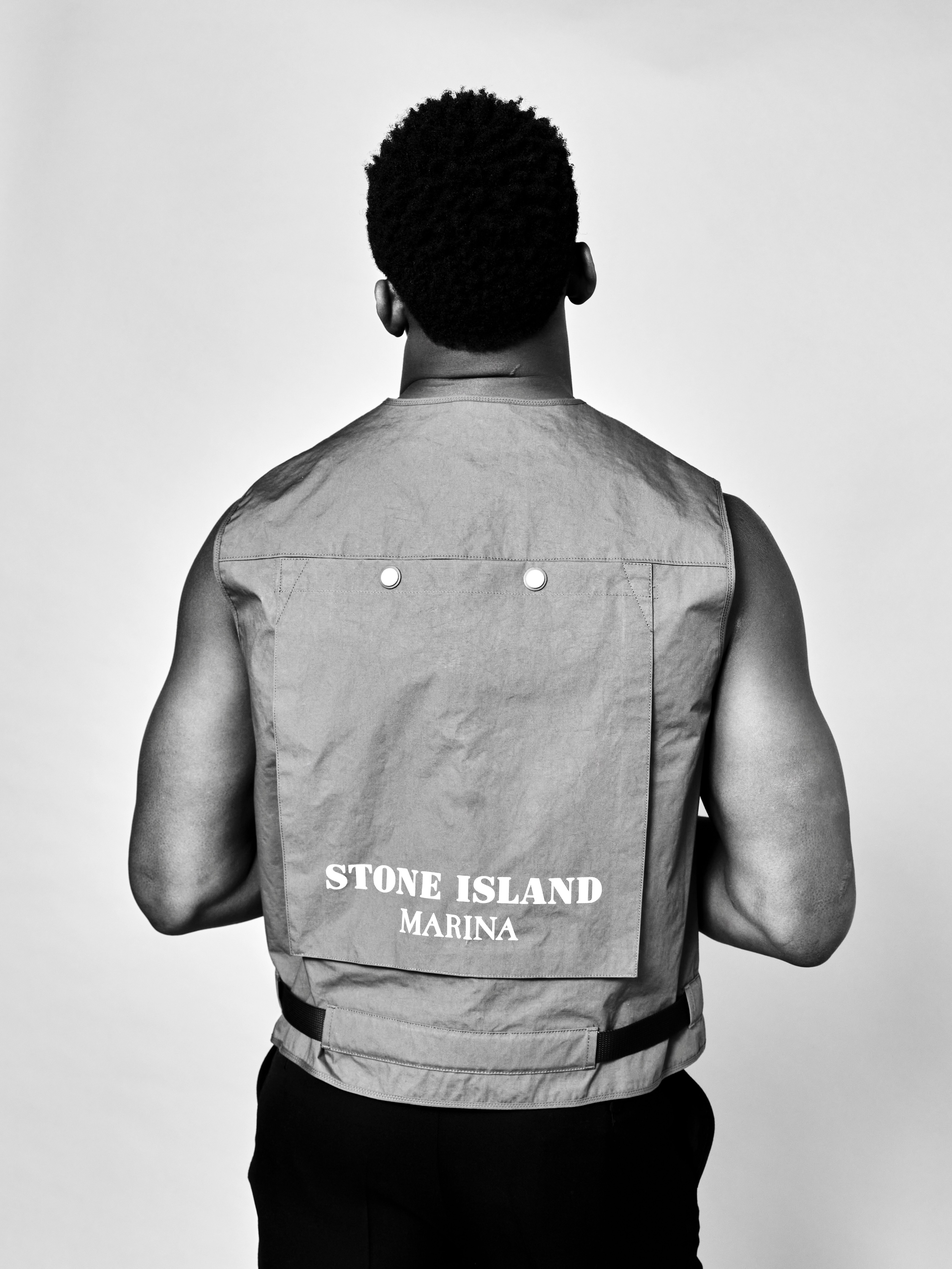
Beyond showcasing talent, Akoje is committed to nurturing it. The Akoje Residency, a nonprofit initiative in partnership with The King’s Foundation, provides three-month residencies for African artists. This program offers access to new artistic techniques such as stone masonry, embroidery, and stained glass, blending traditional methods with modern innovation.
“Through both the gallery and residency, we aim to showcase and support artists simultaneously,” Itoje explains. “At the end of each year, we hold an exhibition featuring the resident artists’ work, with proceeds going toward sustaining the residency and supporting the artists.”
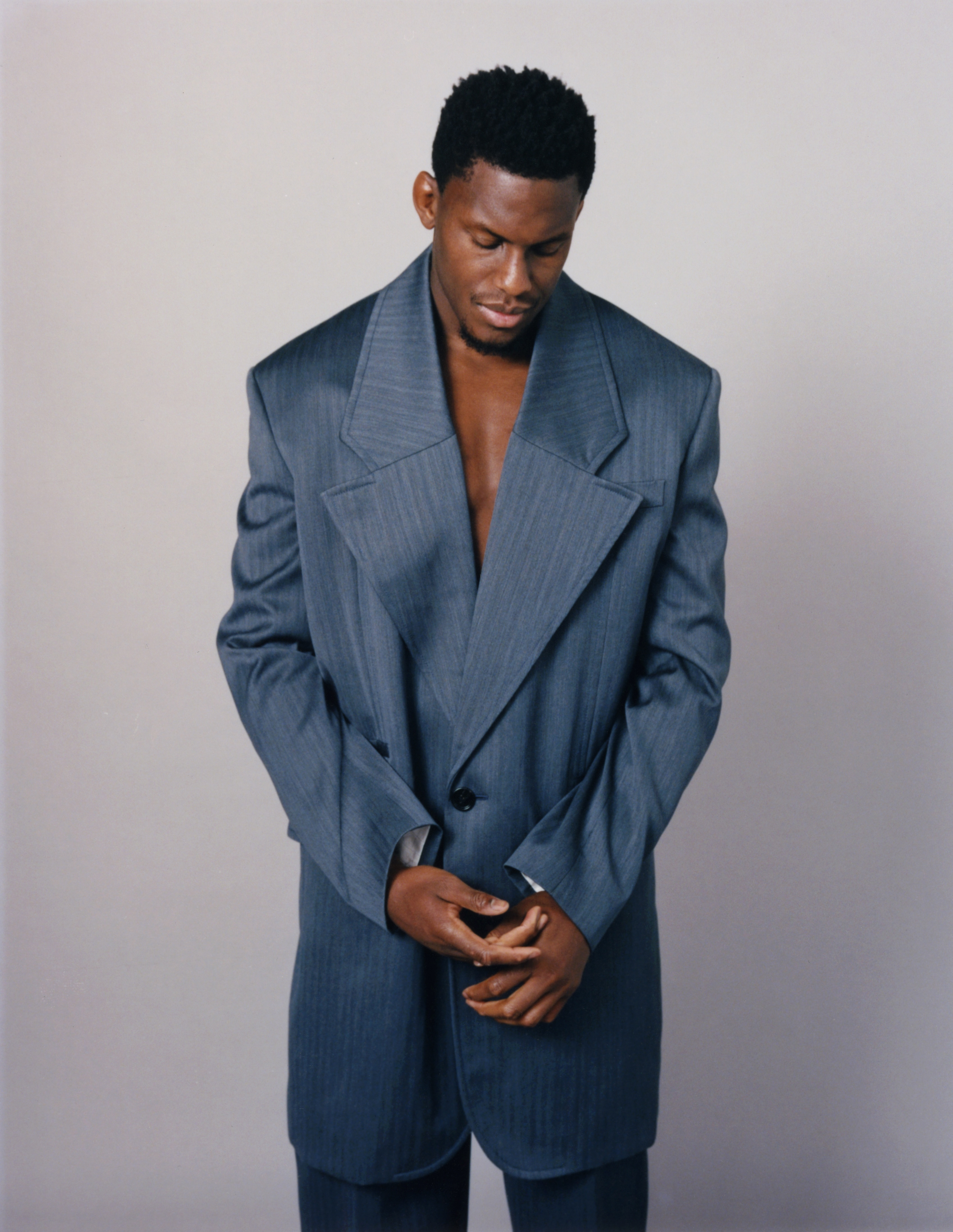
Looking ahead, the long-term vision for both the gallery and residency is ambitious. Akoje is already working with institutions like the Qatar Museum and hopes to expand its network of global partnerships. Fundraising remains a priority, as the goal is to make the residency one of the best in the world.
“For the gallery, we aim to be truly international, hosting exhibitions worldwide — in places like New York, Paris, Milan, Accra, Lagos, Cape Town,” Itoje says. “We want to engage global audiences while ensuring African collectors invest in African art.”
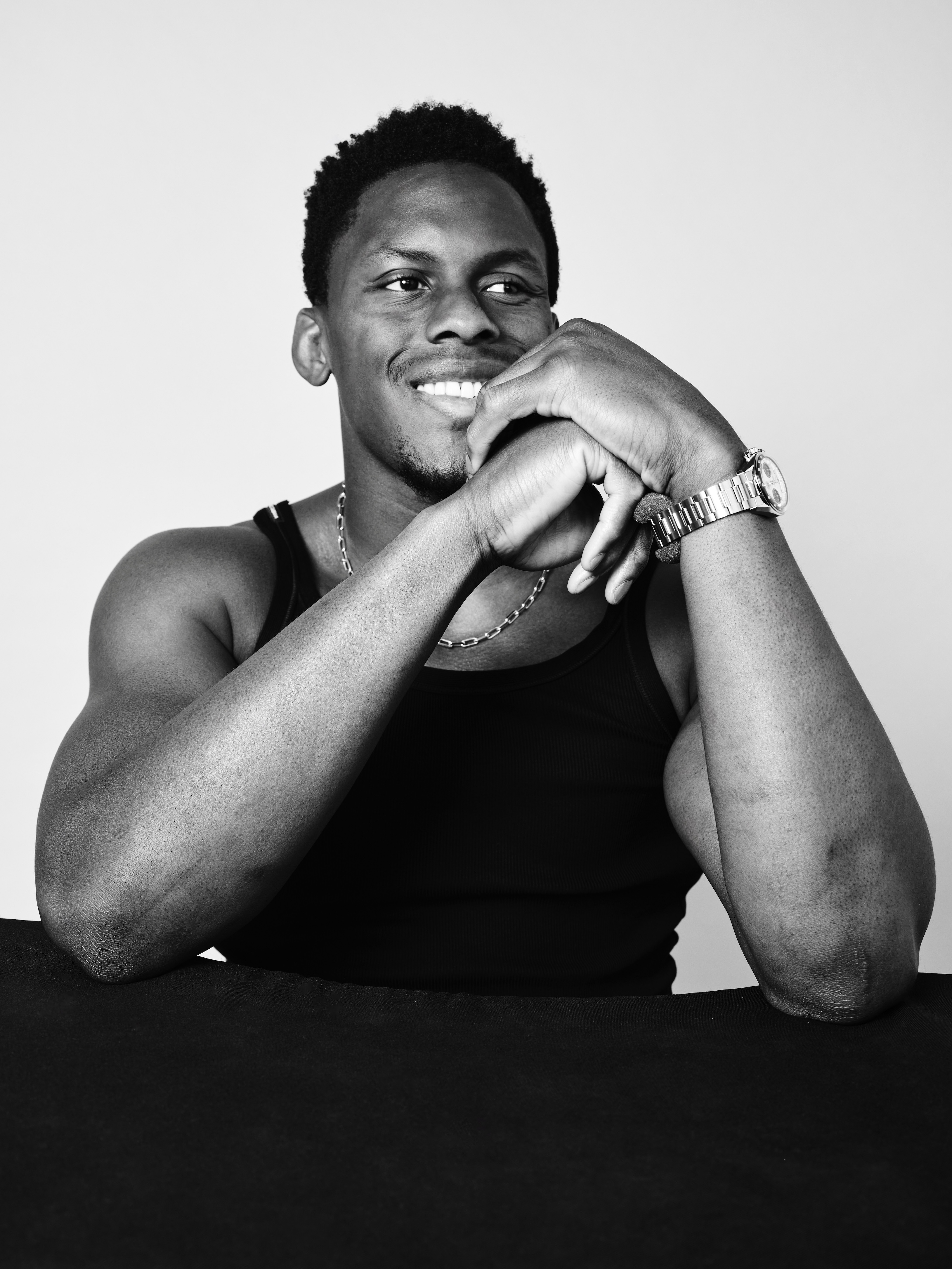
For young African artists seeking recognition, Itoje emphasizes the importance of exposure and perseverance. “Utilize digital platforms and social media to showcase your work,” he advises. “If possible, train at reputable institutions to refine your craft and increase visibility. It’s a tough journey, but persistence and networking go a long way.”
With the Akoje Gallery and Residency, Itoje is proving that African art is not just worthy of global attention, it is essential to the cultural conversation. Through exhibitions, residencies, and strategic partnerships, he and his team are helping to shape a future where African artists receive the recognition and opportunities they deserve.
